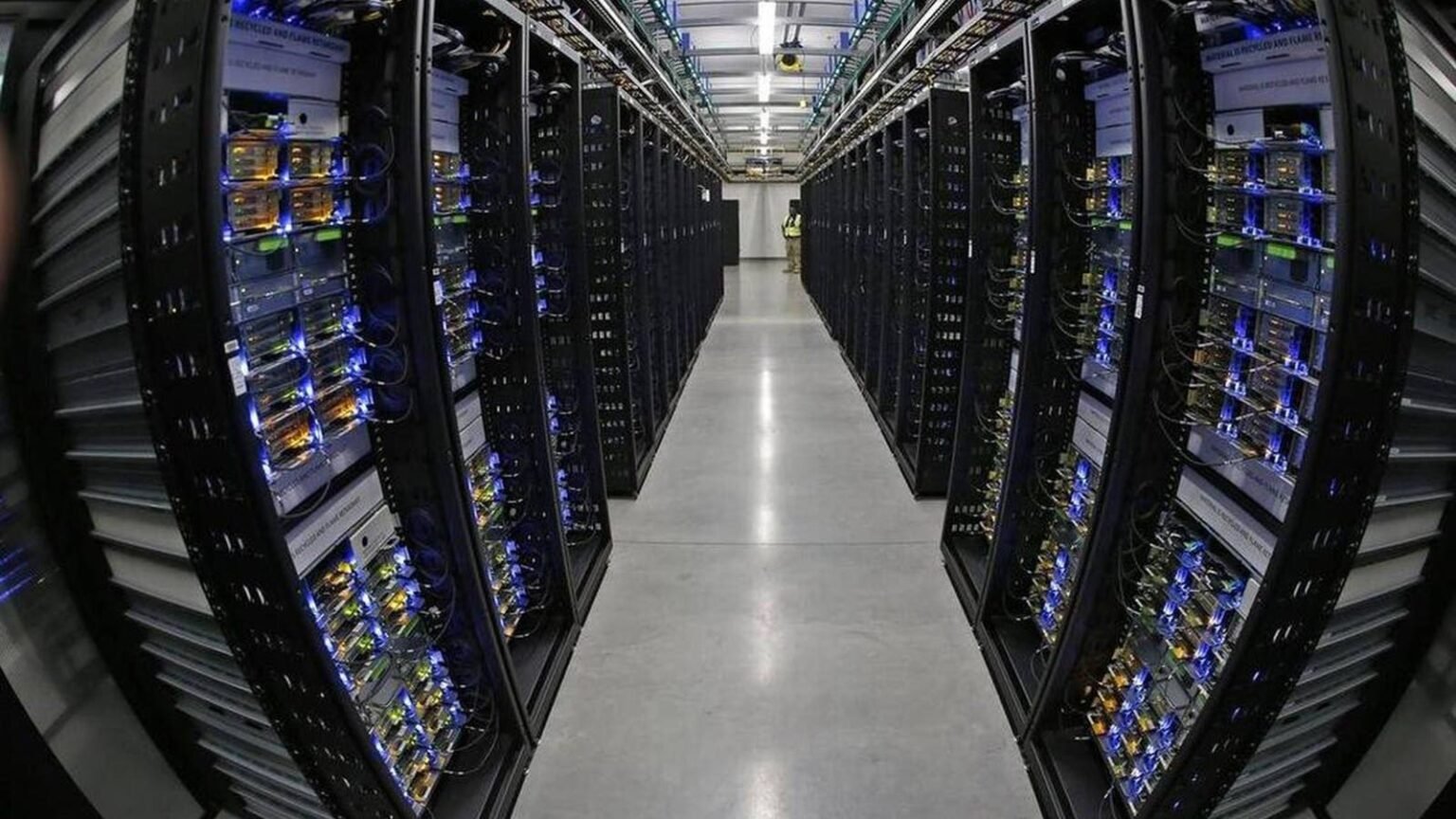The latest news in the business of sustainability reveals that AI powerhouses like Google and OpenAI, along with other global tech giants and startups, are investing heavily in platforms that can generate various types of content within seconds. While this may seem convenient, the specialized processors used in data centers to power these platforms consume vast amounts of electricity and water. Estimates suggest that platforms like ChatGPT may use at least 10 times more electricity than standard Google searches and can consume as much electricity as a country the size of Ireland if all Google searches were powered by generative AI.
The environmental impact of these AI platforms is significant, with concerns about their energy and water consumption raised by experts. It is suggested that even if AI platforms were powered by renewable energy sources, the demand for electricity would still contribute to increased carbon emissions. Transparency about the energy and water consumption of AI platforms is crucial, yet many developers are secretive about these details. Efforts to raise awareness about the environmental impact of generative AI technologies are necessary to encourage more sustainable practices within the industry.
In a surprising development, Elon Musk’s 2006 Climate Manifesto for Tesla, which outlined his vision for the electric car maker to combat climate change, has disappeared from the company’s blog page along with all posts by Musk and Tesla executives before 2019. Musk’s earlier stance on the importance of electric vehicles and solar power in reducing carbon emissions seems to have shifted, with his recent comments indicating a more moderate view on climate change and the oil and gas industry. This change in perspective highlights the evolving nature of sustainability efforts within the tech sector.
Accelera, the cleantech arm of Cummins, is exploring hybrid technology as a solution for reducing greenhouse gas emissions from heavy-duty trucks. By incorporating electrification components into a hybrid configuration, the company aims to improve fuel economy and lower CO2 emissions. The recent EPA ruling recognizing the greenhouse gas benefits of hybrids has provided a clearer path for implementing these technologies in the short term. Cummins is working on developing hybrid trucks that can run on diesel, natural gas, or hydrogen, offering flexibility and efficiency for fleet owners looking to transition to cleaner transportation options.
In other sustainability news, the Biden EPA has rejected the plastics industry’s recycled content labeling practices, Lego plans to replace oil in its bricks with renewable plastic, and the UN chief has issued an ‘SOS’ for Pacific Islands most impacted by ocean warming. Additionally, there is ongoing discussion about the need for a clean energy Marshall Plan, as well as innovative solutions for reducing the environmental impact of food production. Despite these efforts, challenges remain, such as Tesla’s reluctance to share its Superchargers with competitors and the need for state incentives to promote clean energy initiatives.
As the global community continues to address climate change and promote sustainability, it is essential for businesses to prioritize environmental responsibility and transparency in their operations. By investing in clean energy solutions, reducing waste, and adopting sustainable practices, companies can contribute to a more eco-friendly future while also achieving long-term success in a rapidly changing world. Stay informed about the latest developments in sustainability by signing up for Current Climate, your source for news on the business of sustainability.












